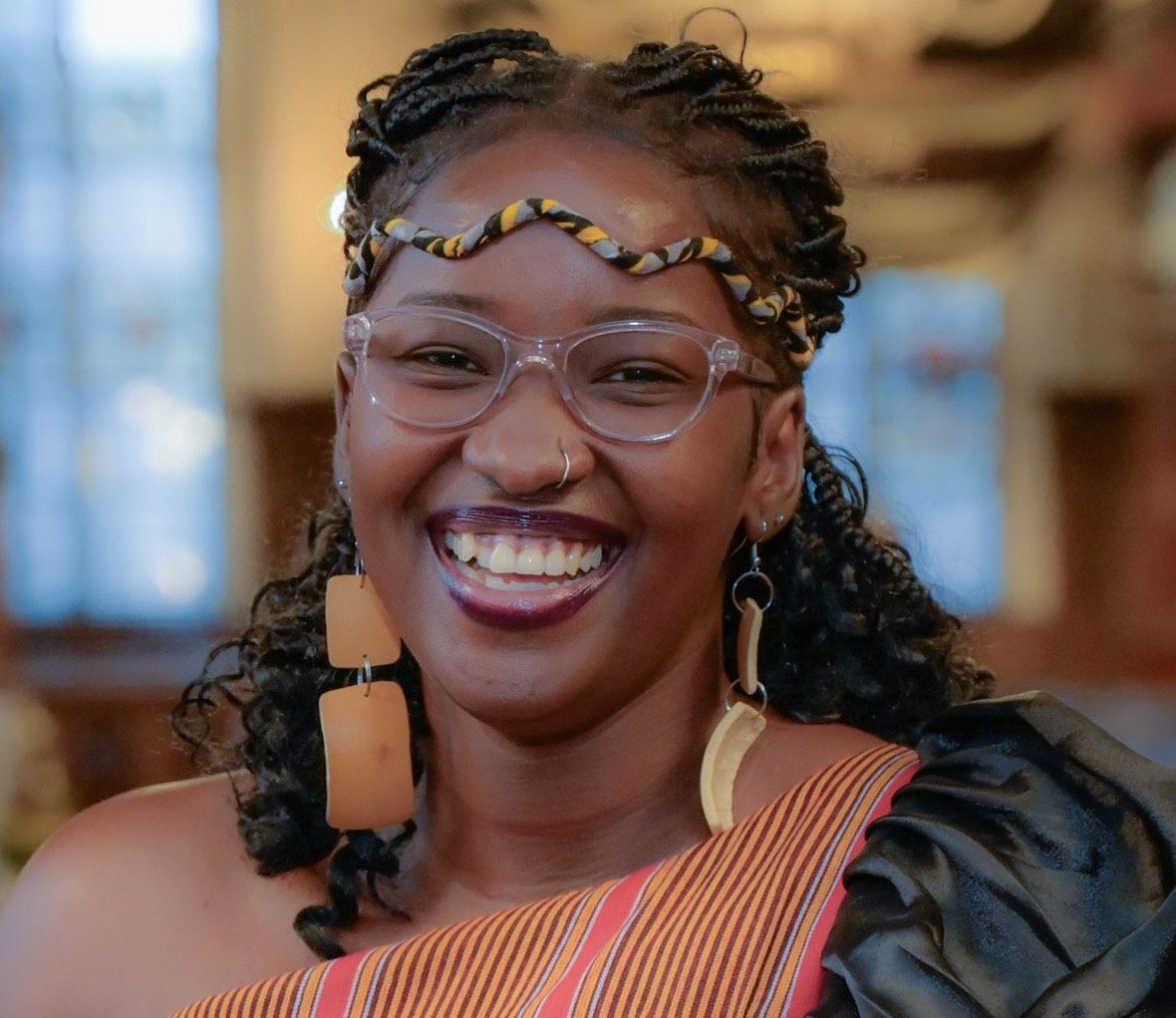The tides are flooding our roads, our houses – everything.
Teresa Lifuka-Drecala in conversation with denkhausbremen about the rising sea level threatening her island state, the difficult decision of people from Tuvalu to leave their home country and the need to support vulnerable communities in the face of climate change. Teresa Lifuka-Drecala is a lawyer and an experienced Director and Board Member for various organizations, including the Tuvalu Association of NGOs and the Tuvalu National Youth Council. She is committed to promoting sustainable development in Tuvalu. denkhausbremen: What does climate justice mean to you? Teresa Lifuka: For me, climate justice is a human centered approach. It’s about people in Tuvalu or in any country receiving the aid and assistance that they genuinely need, especially in the face of climate change. Equity is essential – the assistance needs to reach the grassroots level, the communities, which is the level that I work with. I think about climate justice as taking our concerns to court – which is very important – but also as money and funds to help grassroots communities adapt to the impacts of climate …



